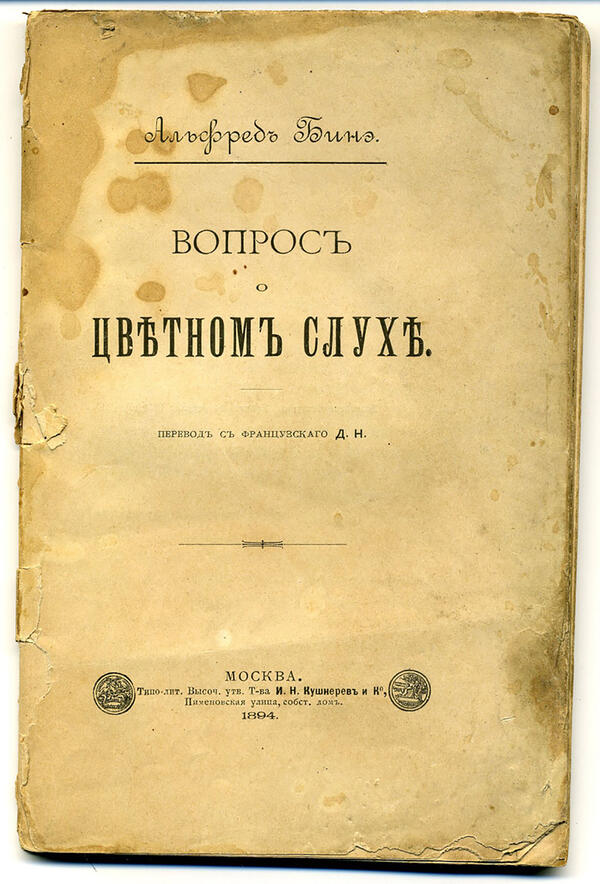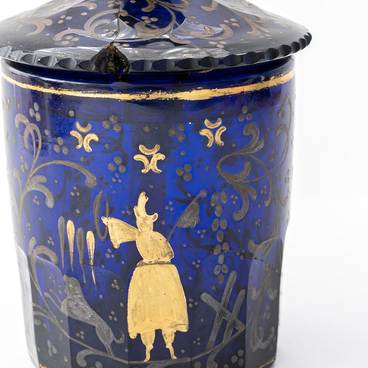The Khlebnikovs’ home library included a rich collection of classic and scientific literature in six languages. In addition, there were publications by family members, including “Physics of the Globe” (1866), a natural science monograph by Velimir’s uncle, Professor Pyotr Alexeyevich, and a historical study “Astrakhan in the Old Days” (1907) by Pyotr Kharlampievich, the poet’s cousin. In 1911, after an expedition to the Pavda plant, Viktor and Alexander Khlebnikovs published an article in the journal “Nature and Hunting”, based on their ornithological observations. A copy with edits by the authors was also kept on those shelves.
Velimir read the works of the English philosopher, sociologist and evolutionist Herbert Spencer, the naturalist Charles Darwin, and the founder of positivism Auguste Comte. Collecting historical data for the story “Yesir”, he turned to the book “Sakiya-Muni” (“The Life of Buddha”) by Édouard Schuré and to the “Report of the Petrovsky Society for 1894”.
In 1913, on the eve of World War I, the book “Our Neighbors” was published. It was compiled by a representative of the General Staff and offered an overview of the “military power” of big countries. The pages of this edition are replete with Velimir’s mathematical equations.
Alfred Binet (1857–1911) — Doctor of Medicine and Law of the University of Paris — founded the first Laboratory of Experimental Psychology in France. He advocated objective methods of psychological research. He cites the sonnet “Vowels” by Arthur Rimbaud in his book “The Problem of Colored Audition”.
In his poem, the French symbolist Rimbaud speaks about the vowels, which are associated with different colors: “A” is black, “E” — white, “I” — red, “U” — green, and “O” — blue.
Like Rimbaud, Velimir Khlebnikov was a sensitive
colorist. He was interested in the topic of sound-color connection. It was he
who expressed the idea that the word should follow the painting; the color
palette of consonant sounds creates the musical imagery of Velimir Khlebnikov,
that nutrient medium with which, according to the poet’s idea, it is possible
to grow the tree of the world language.



